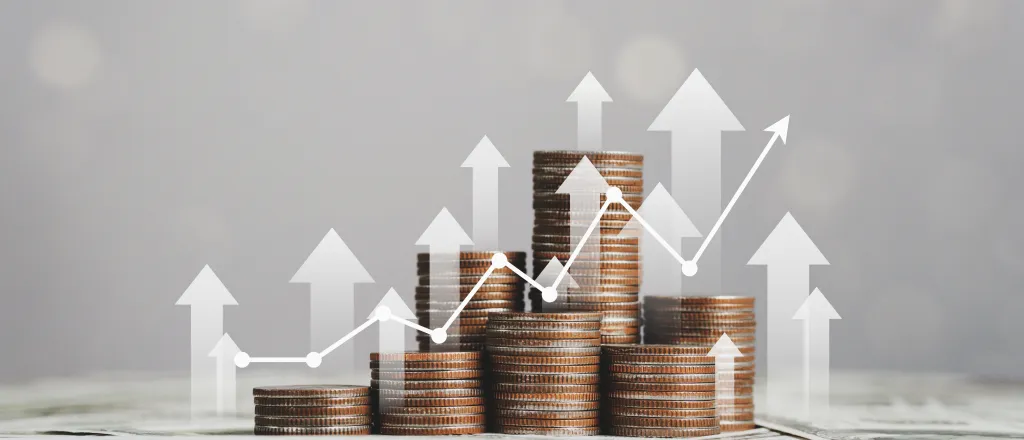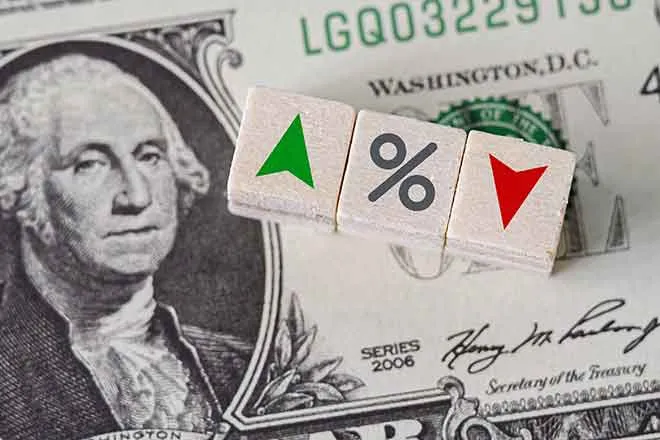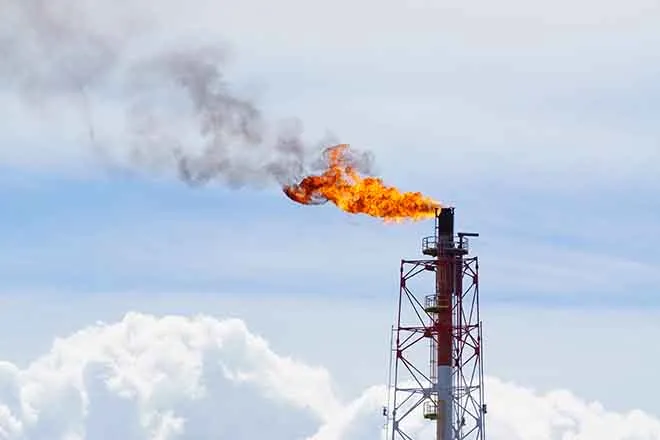
Expert highlights impact of the Inflation Reduction Act in Nevada
© Sakorn Sukkasemsakorn - iStock-1397011551
Click play to listen to this article.
(Nevada News Service) The Inflation Reduction Act turns two today and one expert contended its impact in the state of Nevada has been significant.
Shannon Heyck-Williams, associate vice president of climate and energy for the National Wildlife Federation, said the legislation has kicked off growth in the clean energy economy in the Silver State and across the nation. She added the benefits made possible through the law have led to the creation of thousands of jobs and unleashed billions of dollars in private-sector investments at the state level.
"A lot of that growth is from renewable energy development," Heyck-Williams pointed out. "Solar power in particular is taking off in a big way in Nevada, and bringing that clean energy to the state and to the residents there."

She noted as the transition to electric vehicles also gains momentum, the Inflation Reduction Act and the Bipartisan Infrastructure Law include investments for EV charging infrastructure. There are close to 2,200 charging stationsthroughout Nevada, according to PlugShare. Since transportation is the largest source of greenhouse gas emissions, Heyck-Williams stressed investments in infrastructure are key.
The cost of the climate provisions in the measure, at around $730 billion, has drawn criticism, since it surpasses what was initially expected. But the Center for American Progress claims over the next decade, the savings made possible through the legislation will exceed the costs.
Heyck-Williams said the law is also helping to lessen the economic burden of energy-efficiency upgrades for homes and businesses.
"It includes credits to help homeowners be able to upgrade their appliances," Heyck-Williams outlined. "To be able to finally afford that new electric vehicle, to be able to replace dirty school buses for their kids with electric, clean school buses."
Heyck-Williams emphasized climate change is already here and is a serious problem communities in Nevada are facing. She contends the major federal investments are critical tools for a cleaner future.
"If they are implemented as planned, they should reduce those emissions by about 40 percent," Heyck-Williams reported. "Which is significant and puts us on track in the direction that we need to go, to actually get to a midcentury goal of net-zero emissions overall."
















